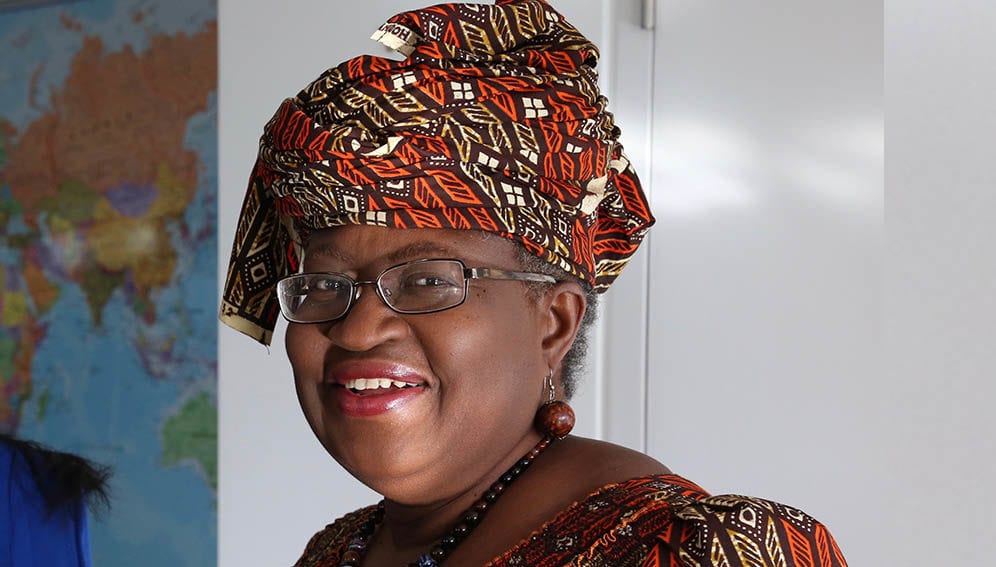30/08/19
Vaccine alliance in US$7.4bn funding push

By: Inga Vesper
Send to a friend
The details you provide on this page will not be used to send unsolicited email, and will not be sold to a 3rd party. See privacy policy.
A global vaccine alliance launched a fundraising push today to raise US$7.4 billion in order to work with governments in developing countries to provide cheap vaccines to fight diseases such as Ebola, rabies and human papilloma virus.
Over the next five years, GAVI, the Vaccine Alliance, plans to increase the number of vaccines it covers to 18.
GAVI works by coordinating global demand for vaccines and putting in large orders with vaccine suppliers on behalf of developing country governments, which reduces prices.
“You’re fighting an unseen enemy, because children are not affected by the disease when we vaccinate them,”
Ngozi Okonjo-Iweala, chairwoman of the GAVI board
The Ebola vaccine, for example, will be stockpiled as soon as it has been approved by the WHO, according to GAVI leaders, who are announcing their funding push during the Tokyo International Conference on Africa’s Development, held in Yokohama, Japan.
“The impact of vaccination is difficult to overstate,” says Ngozi Okonjo-Iweala, chairwoman of the GAVI board and former finance minister for Nigeria, pointing out the economic benefits of the alliance’s work. “Kids who are vaccinated are more likely to go to school, while relatives don’t have to give up work or risk losing their job to look after them.”
Since its creation in 2000, GAVI has helped vaccinate more than 760 million children. If the funding goal is reached, a further 300 million could be vaccinated, saving around 8 million lives, the alliance said.
The alliance works with local health ministries to set up vaccination systems, with the goal that, eventually, countries can manage their own vaccine supply and transition out of the alliance.
For 2021-25, GAVI organisers expect around 10 of its developing country partners to transition. Nevertheless, developing countries are expected to contribute at least US$3.6bn to the alliance in the same time frame.
Yet GAVI’s efforts can be hindered by a shortage of vaccines, such as in the case of human papilloma virus, a sexually transmitted disease that can cause cervical cancer.
“During our last phase we hoped to immunise 40 million girls, but supply remains a problem,” Seth Berkely, GAVI’s CEO, told SciDev.Net. “If we can get production up, we could reach 50-85 million girls.”
Other barriers remain, including stigmatisation of sexual disease, which may make girls and women reluctant to seek vaccination. Jayasree Iyer, executive director of the Access to Medicine Foundation, says doctors at local level needed support to build up confidence among girls and encourage them to get vaccinated.
“It is important to look out for cultural differences of girls getting treatment in different geographies,” she told SciDev.Net. “This will improve mileage of how vaccines are trusted, because trust is very important.”
Okonjo-Iweala echoed such sentiments, telling an audience in Yokohama that some diseases once widely vaccinated against, such as measles, are making a comeback due to distrust of vaccines. She advocated researching oral applications to reduce syringe-based vaccinations—many vaccines require multiple injections, causing pain and discomfort to children, which makes parents reluctant to repeat the process.GAVI is also planning to expand education programmes to explain to parents how vaccines function and why they are important. Okonjo-Iweala and Berkeley explain there remains a need to reach so-called zero-dose families, whose children have had no vaccinations at all due to living in war zones or remote locations, or due to parents refusing vaccinations because of misconceptions about what it entails.
“You’re fighting an unseen enemy, because children are not affected by the disease when we vaccinate them,” Okonjo-Iweala says. “It is crucial to build confidence that vaccination is good for you.”













